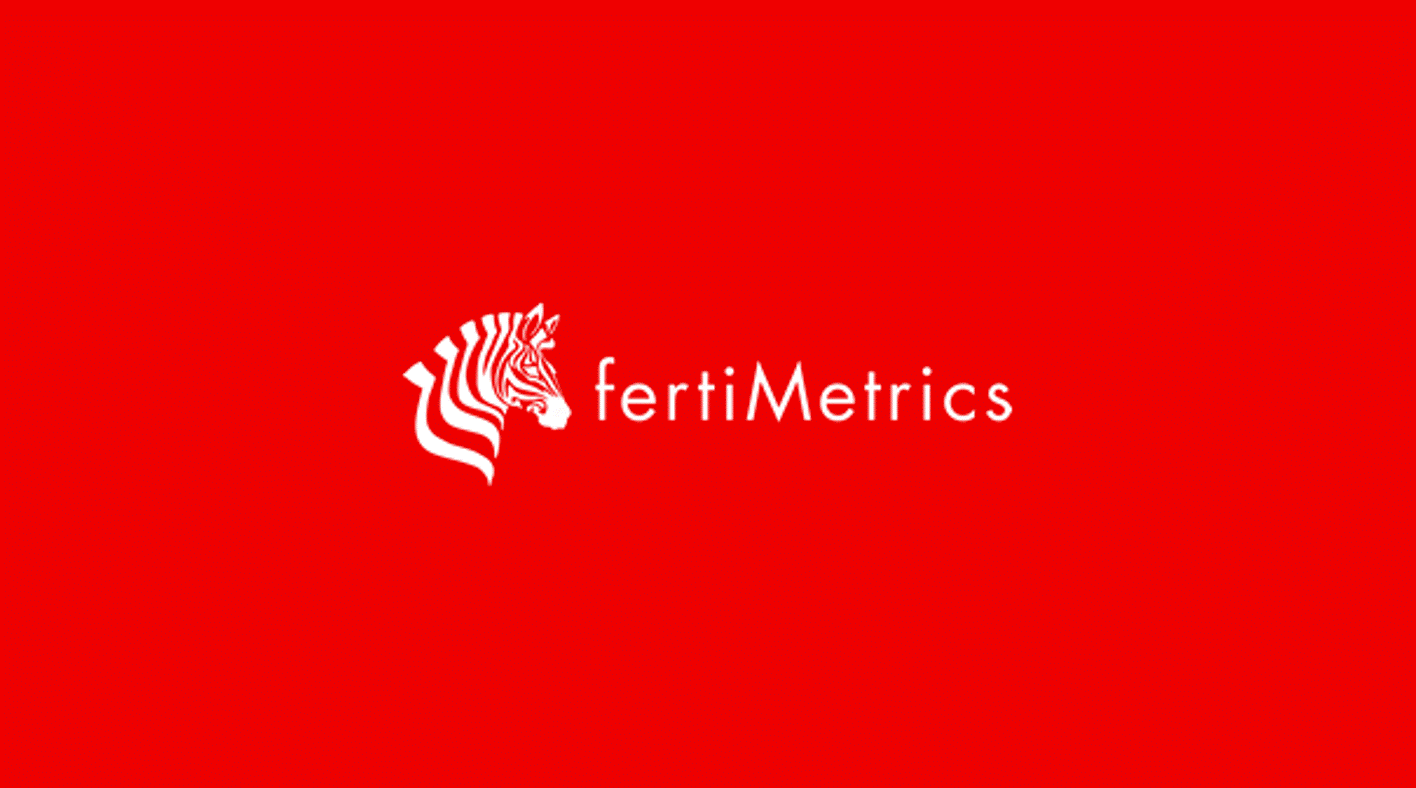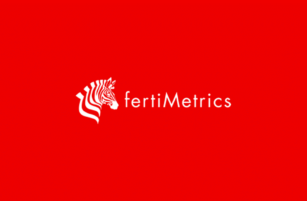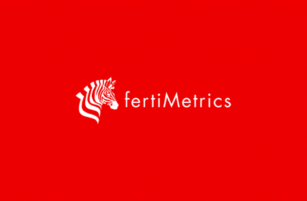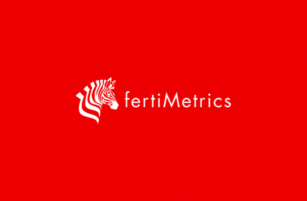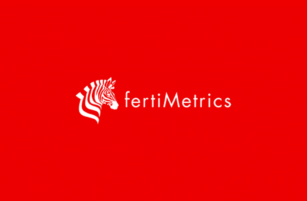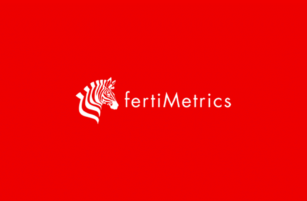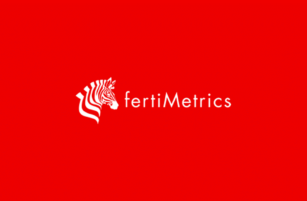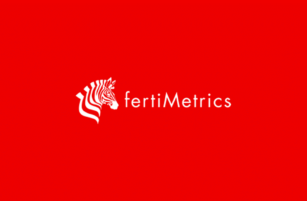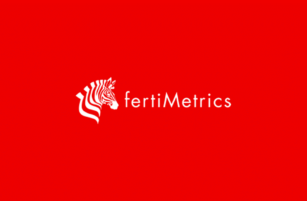Insight Focus
The urea market needs another tender from India and for demand to emerge in Latin America in order to avoid price erosion. Processed phosphate prices increased in India and Pakistan on the back of limited supply. The Tampa August ammonia contract price increased by USD 60/tonne with gas curtailments in Trinidad limiting exports.
Urea Needs Demand to Hold
The international urea market is humming along mostly sideways with some softness in certain main production origins like Nigeria, Algeria and Egypt. The market is waiting for India to come back with an August tender.
To sustain current prices, demand in Latin America also needs to emerge over the next couple of weeks. Both North America and Europe are off season, and spot demand in Australia has come to a halt. The FOB Middle East granular urea price is hovering around the USD 335-345/tonne range with producers looking for buyers to come with vessel nominations for the latest India tender.

Brazil CFR numbers are around the USD 360/tonne level with little or no interest shown. Barter ratios in Brazil are unfavourable at the moment with agricultural commodities softening. Iranian producers are struggling to place granular urea cargoes with a sales tender scrapped after the highest price reported was in the mid-280s/tonne FOB.
The only excitement this week was the prilled urea tender in Indonesia, which saw FOB prices reach USD 370/tonne with the most likely destination the Philippines. This is simply because there is no Chinese prilled urea available for export.
First half 2024 urea exports were a paltry 140,000 tonnes, well below the 724,000 tonnes and 1.01 million tonnes exported over the same period in 2022 and 2023, respectively. South Korea was the main receiver with 53,000 tonnes.
Small volume exports were also concluded to other regional markets. Of note, around half of the total year-to-June exports occurred during June with 74,000 tonnes being shipped. South Korea and Japan were the main outlets with 26,000 tonnes and 13,000 tonnes, respectively.
The outlook for the urea price is stable to firm but the price needs demand to emerge in order to hold.
Processed Phosphate Supply Limited
The processed phosphate market is still in tight supply. Chinese DAP traded at USD 590/tonne FOB this week, and Ma’aden of Saudi Arabia sold a cargo of DAP to Pakistan at USD 615/tonne CFR. Brazilian MAP is holding at USD 635/tonne CFR. India is holding back buying but will have to come into the market as stocks are dwindling.

Offers of DAP sourced from Saudi Arabia have been submitted to Indian buyers at around USD 605/tonne CFR. The offers are more than USD 100/tonne higher than last week’s India DAP assessment of USD 551/tonne CFR, reflecting limited supply and recent price increases in nearby markets such as Pakistan.
An Indian buyer is said to have been willing to pay up to around USD 590/tonne CFR for DAP, according to a trader. Still, due to a lack of fresh reported DAP deals to India, the assessment remained at USD 551/tonne CFR this week.
On 23 July, India’s Department of Fertilizers is reported to have held a meeting with Indian importers, encouraging them to procure DAP. Indian buyers have been hesitant to import DAP as prices rise, resulting in stock draw-down.
The outlook for processed phosphate prices is still firm on the back of limited supplies and with India and Pakistan needing to buy, but resistance among buyers could dampen price increases.
Potash
Two weeks after the India and China import contracts surprised the market, potash prices are adjusting around the globe, although a significant upside or downside is not expected.
Brazilian spot prices are the first to fall USD 5/tonne after nine weeks of flat prices. Brazilian spot prices declined to USD 305-310/tonne CFR, down from USD 305-315/tonne CFR last week to their lowest in over three months.

As the bearish fundamentals flatten demand, producers have had to adjust their expectations. Granular MOP prices are anticipated to decline further in the coming weeks. Fresh import contracts are yet to make significant impacts in the Southeast Asian market. Delivered prices in the region remain at an average of USD 282/tonne for sMOP, with gMOP at USD 328/tonne CFR.
Still, producers are keen to push prices up in the region following the recent settlement. The low end of the standard MOP prices is still in line with the settled China contract at USD 273/tonne CFR.
Further falls should be expected in Brazil, but Southeast Asian prices are expected to increase in the weeks to come on the back of contracts settled in China and India.
Ammonia
The August Tampa CFR contract between MOSAIC and YARA this week increased USD 60/tonne to USD 475/tonne CFR. With natural-gas curtailments in Trinidad set to worsen over the coming weeks and amid tightening availability out of the US Gulf, the latest Tampa settlement for August agreed between Yara and Mosaic did not come as a surprise to market participants, although some had not anticipated such a steep increase.

East of Suez, most expect Middle Eastern availability to improve following the resumption of a long-curtailed Ma’aden unit last week, though loadings out of the Arab Gulf appear slow for the time being. A strong import lineup is seen in India, with several cargoes arriving from Iran and the wider Middle East of late.
With supply woes taking centre stage, prices look well-supported in the Western Hemisphere, despite what would normally constitute a summer lull, while the picture East of Suez appears more balanced, and could even trend downwards on improved availability.
